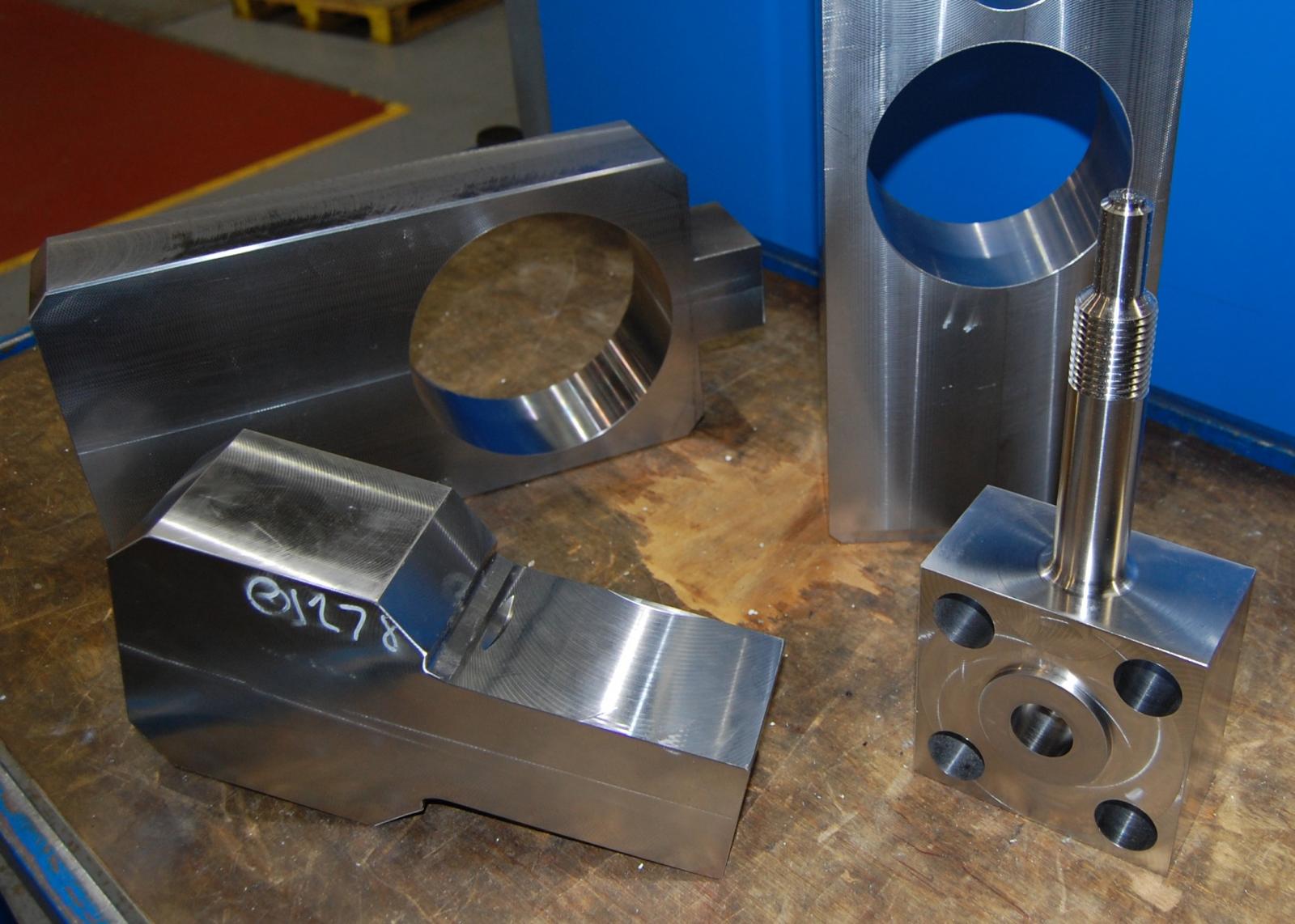
A new vertical machining centre has halved machining times on some oil and gas components and will drive growth into the nuclear and aerospace sectors at LoneStar Leeds.
The Hartford Super vertical machining centre, supplied by T W Ward CNC Machinery, is now at the heart of a highly efficient machining cell in the company’s precision machining division. This includes a total of nine machines including two other vertical machining centres, various CNC lathes and wire erosion machinery together with a surface grinder to provide an efficient and effective lean manufacturing resource.
Divisional Managing Director Jon Collinge said: “Oil and gas component machinists are being challenged on a global basis, with companies from countries including India and Tunisia also now in the frame.
“So, the success of investing in this new machine is crucial to our need to remain competitive with our traditional oil and gas component work as well as to also meet our aspirations of becoming a supplier of choice to clients in the nuclear and aerospace sectors.”
The company’s Operations Director, David Tennant, adds: “Being able to achieve such fantastic reductions in lead times with the Hartford is also enabling us to move other workpieces onto the machine, to absorb the extra available capacity, so the new machine is actually having repercussions throughout our production flowlines.”
Specialising in families of valve block parts for subsea applications as well as other precision machined components, LoneStar - part of a global group that includes specialised operations for fasteners and sealing technologies - has by necessity maintained a reputation for high-class machining of critical workpieces in high nickel alloys and stainless steels, for example.
Capable of machining components from, say, 25 mm diameter up to 860 mm diameter, the company has also built a solid reputation as a subcontract machinist of all material and workpiece types for a wide range of clients in various industry sectors.
The company also offers single-source supply embracing a host of finishing processes – including shot peening, ultrasonic degreasing and lapping to incredibly fine surface finishes of three-four light bands/0.000881 mm - 0.001175 mm - as well as assembly and sub-assembly to strict quality control regimes.
As Mr Collinge points out: “It’s all about maximising what we can do, not only with existing clients but also in new areas where critical machining is key.”
As part of this strategic progression, LoneStar has recently renewed its quality accreditation (to ISO 9001:2015) and is currently on the Fit for Nuclear programme via the Nuclear AMRC. The programme enables companies to measure their operations against the standards required to supply the nuclear industry – in new build, operations and decommissioning – and take the necessary steps to close any gaps.
The need for a new machining centre was prompted by the replacement of an ageing vertical machining centre.
The Hartford Super HCMC 2082 has X, Y, Z axes capacities of 2,060 mm by 820 mm by 820 mm and a 2,150 mm by 820 mm table is smaller than the machine it replaced.
Mr Collinge concluded: “After various machining trials and test cuts, which included a full evaluation of the milling, boring and drilling routines required on gate valves, we found that the Hartford enabled us to confidently double the machining feeds we could use, compared to what had been employed previously, and it is this increase which we believe generated the significant cycle time savings.”